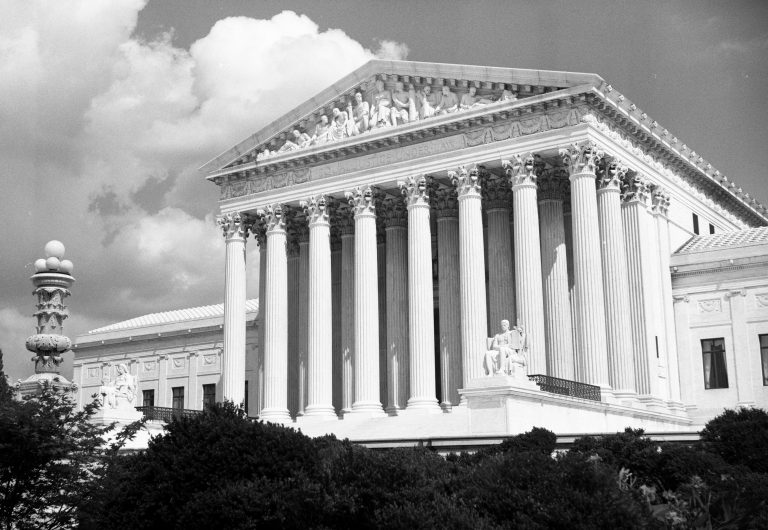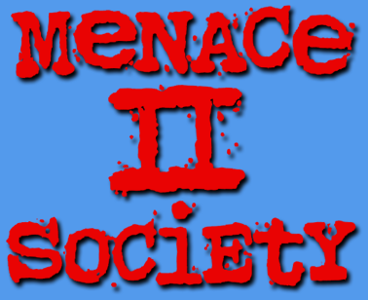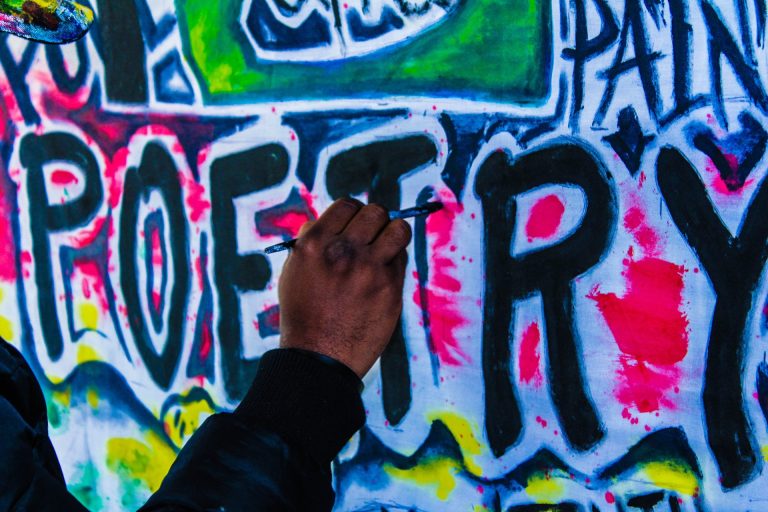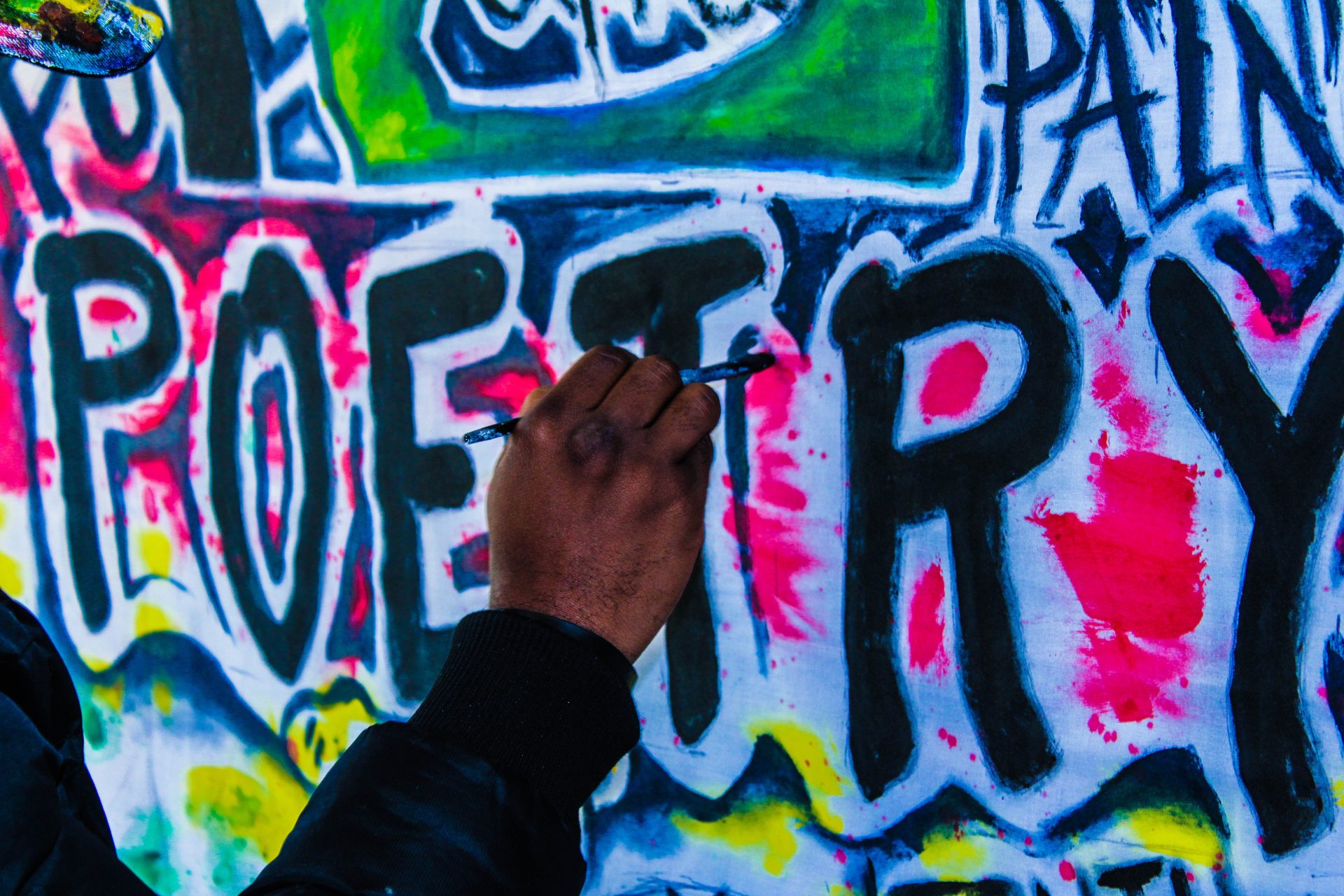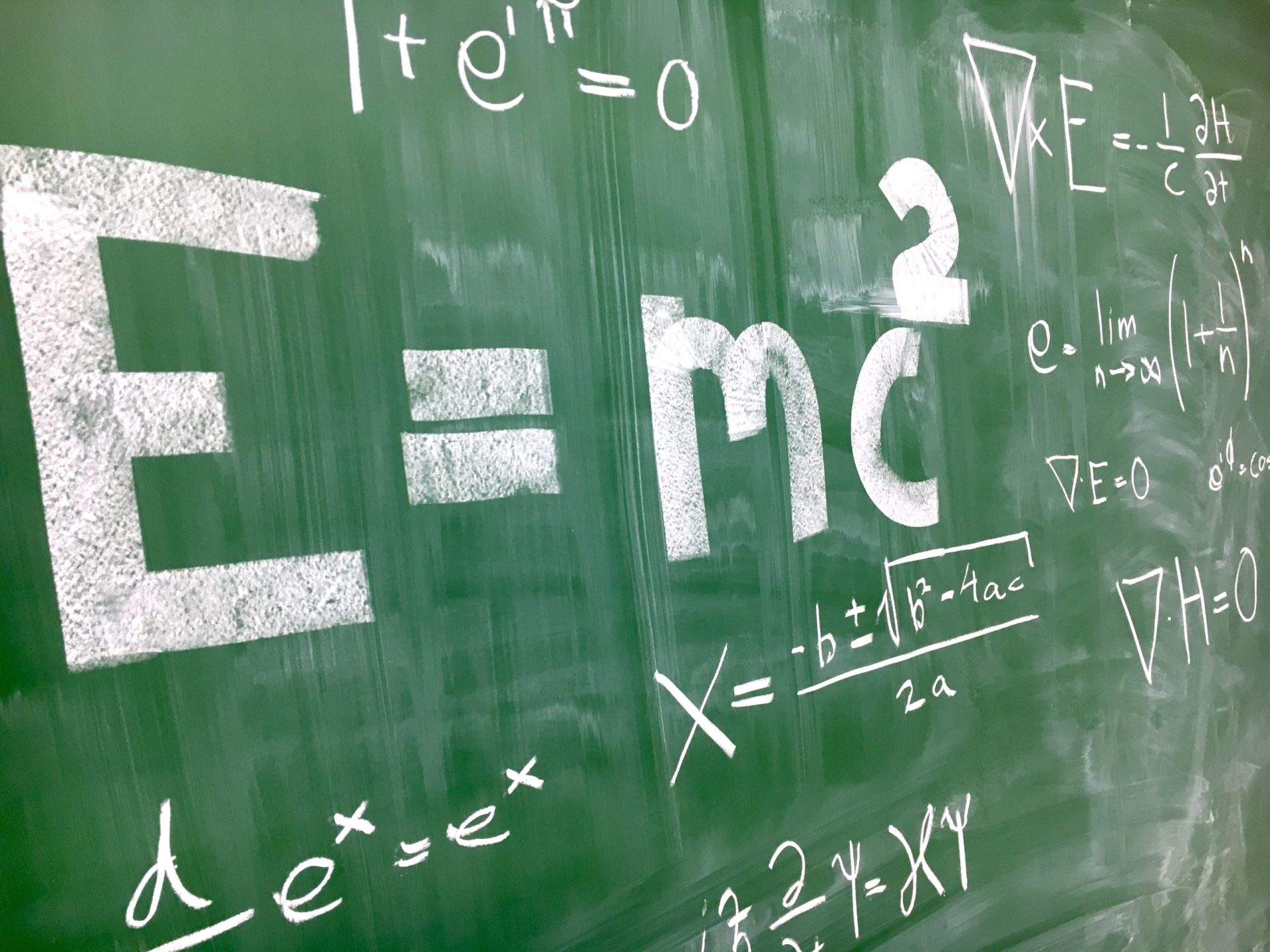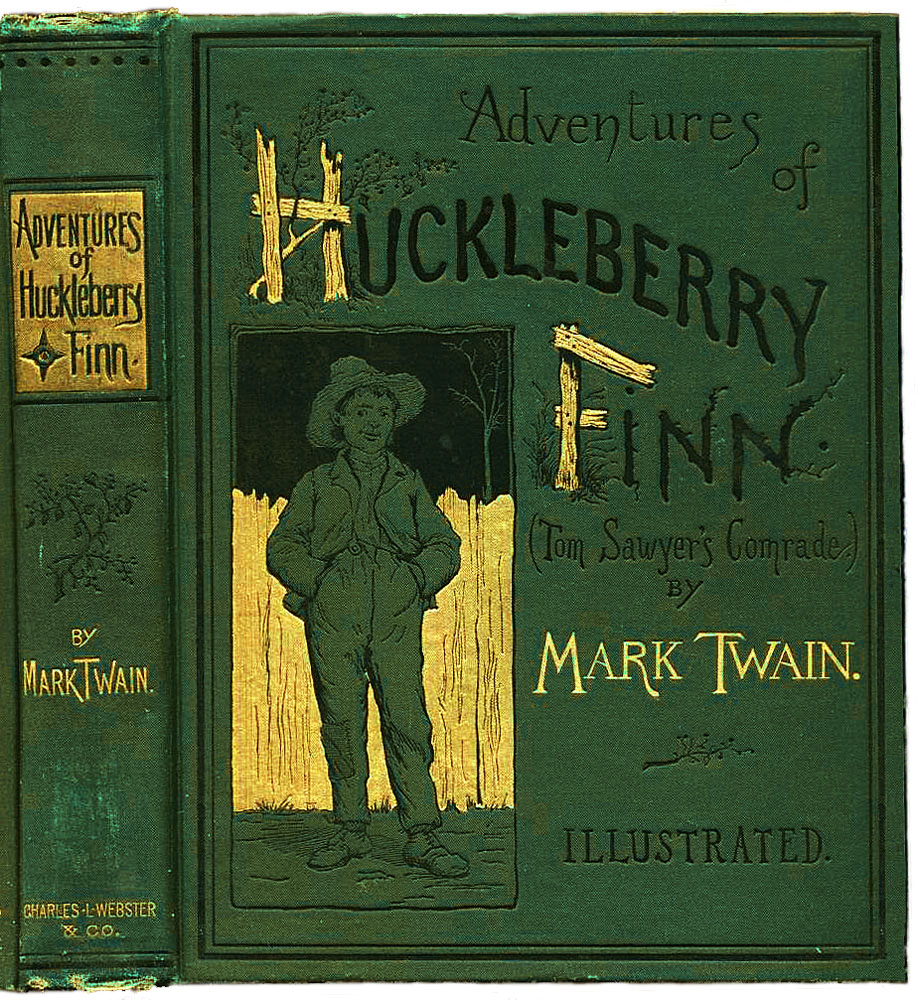Who is Thomas Sowell?
by Learnhall Contributor, Vicky Zhang
Introduction
Thomas Sowell, one of the greatest living contemporary intellectuals with revolutionary impacts in education, economy, politics, history, and culture, enlightens us not only on the value of contemplation and reflection but also the courage to talk sense in a senseless world. The factor distinguishing Thomas Sowell from numerous public figures is not his intelligence, charisma, or humility; instead, it’s his dedication to being a rare and honest communicator. He observes the facts as they are, presents an objective interpretation, and dares to land with conclusions that are unpopular, sweeping, and thought-provoking. As Martin Luther King Jr. remarked, “The ultimate measure of a man is not where he stands in moments of convenience and comfort, but where he stands at times of challenge and controversy.”
Background
One cannot fully appreciate Thomas Sowell’s work without recognizing his foundation: family. He was born in Gastonia, North Carolina, on June 30, 1930. Like many black families at the time surviving the Great Depression, he lived with no electricity, stable heating, or hot running water and was orphaned at a young age. Fortunately, his great-aunt adopted and raised him with the help of her adult children. The family realized the value of education and invested in his future though none of his other family members graduated from high school and most did not complete elementary school. When he was 8 years old, he and his family moved to Harlem, New York City. He discovered the magic of reading when Eddie Mapp, a family friend slightly older than him and from a better-educated family, took him to a public library, patiently explained the influence of books, and helped him register a library card. He reflected that if he had met Eddie on his own, Eddie would be one of many strangers he passed by; his family saw how Eddie could mentor him and guide him to a better life.
An Unstoppable Hunter of Facts
“It takes considerable knowledge just to realize the extent of your own ignorance,” Thomas Sowell shared in a column titled “A Childish Letter” in 1998. The hunger for learning and communication is the central theme throughout his academic and career pursuits, constantly enriching his broad spectrum of wisdom that is substantial for humanity at large.
Although Thomas Sowell earned his enrollment at a prestigious high school, he did not finish his studies because of financial constraints. After serving 1 year in the United States Marines, he worked in civil services while attending night classes at Howard University. His academic excellence and recommendations from professors granted him admission to Harvard University where he graduated with a Bachelor of Arts degree in Economics in 1958. He further pursued his Master’s and Doctor of Philosophy degrees, mentored by acclaimed economists and Nobel Prize winners George Stigler and Milton Friedman. Before completing his doctoral degree, he interned at the U.S. Department of Labor to study the influence of a minimum wage on industrial worker unemployment. The experience of working alongside policymakers made him uncover the ever-increasing gap between two forces:
- Institutions make decisions based on elegant economic ideologies while prioritizing their own agenda and interests.
- There are realistic consequences brought to ordinary people.
The ability to empathize with individuals, especially minority groups and vulnerable communities, transformed Thomas Sowell from a thinker to a doer: putting abstract equations and pre-existing assumptions aside to present plain—some would regard as painful, rude, and politically-incorrect—facts. The purpose of the minimum wage law was to help struggling individuals maintain a living income to better support themselves and their families. Unexpectedly, the actual outcome is an escalating unemployment rate. While monetary incentives motivate more people to apply for jobs, the financial resources of employers are limited, and they consequently hire less, causing disadvantaged people to lose employment completely. The logical conclusion, Sowell argues in the seminal Basic Economics, for example, is that we need to avoid interrupting the free capitalistic markets in terms of wage or even rent restrictions (or lower limits, or “floors”) as much as possible to produce adverse results when implementing seemingly flawless theories. We can accomplish this task by making more informed decisions through careful planning, research, testing, and rethinking.
The magnitude of Thomas Sowell’s decades of professional work would take weeks, if not months, to analyze. A simplified list of his contributions includes:
- Articles in more than 300 newspapers and magazines, including the New York Times, the Wall Street Journal, and Forbes;
- Over 40 widely discussed books published throughout his career dissecting ethnicity, education, economics, and sociology; and
- The academic cultivation in distinguished universities such as Cornell, UCLA, and Stanford.
Although the majority of his life’s work and research focuses on his analysis of cold facts, he does have an artistic side. While traveling worldwide to comprehensively understand cultures, he used photos to document his experience and as an emotional outlet. He had a fascinating observation after comparing photography and decision-making. When a photographer adjusts the various parts of a camera, the ultimate result is trading off a set of qualities for another. For instance, a narrowed diaphragm captures many crisp details near to far; simultaneously, it limits the amount of light (Basic Economics, 2021). Individual, organizational, and societal decision-making also involves trade-offs instead of perfect solutions.
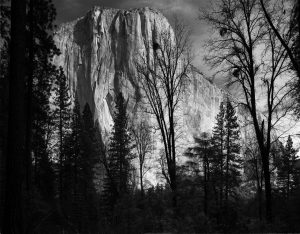

Photographs by Thomas Sowell
The ability to superimpose and connect the understanding of one field with another allows Thomas Sowell to master an extensive range of wisdom. Among all the knowledge that he shared with people, I wish to draw your attention to one particular topic, which anyone could learn from, no matter your age, cultural background, professional pursuit, income status, or education level: keeping in mind the multifaceted characteristic of reality so that we think before we speak and act. The fast-paced modern days make contemplation a luxury, seeing patience as a disadvantage. When we do not pause and think, our feelings are easily affected, fueling misunderstanding, division, frustration, and even anger. Therefore, we should realize the significance of judgment built on validation and allocate time to discern nutritious insights from the daily tsunami of information we get from our smartphones, computers, and other media sources and communication devices.
Conclusion
Thomas Sowell is easily the most impactful contemporary thinker who is fearless, straightforward, does not compromise for social politeness, and puts truth above popularity. His wisdom is particularly relevant in the digital era because of the pressing need for critical thinking and objective judgment by acknowledging one’s unawareness. The living legend inspires people to re-evaluate assumptions in numerous aspects of their lives and encourages individuals to assess the contents consumed daily.
I cannot say how much Thomas Sowell will agree with what I am about to quote, but a diverse viewpoint is constructive. Alfred Adler said, “Follow your heart but take your brain with you.” I wish we all try our best to balance emotion and rationality.
Thomas Sowell is truly a legendary economist and political thinker who deserves plaudits for bucking the status quo and not choosing what is popular, but rather what is ideal for a society regardless of the social mores of the day.
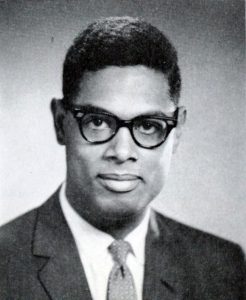
References
Basic Economics. (2021, June 15). The life and impact of Thomas Sowell – Full Biography Feature. YouTube. Retrieved November 5, 2022, from https://www.youtube.com/watch?v=IR6Llih12v4&ab_channel=BasicEconomics
Mohsin, M. (2022, February 2). 10 Google Search Statistics You Need to Know in 2022. Oberlo. Retrieved November 5, 2022, from https://www.oberlo.ca/blog/google-search-statistics

